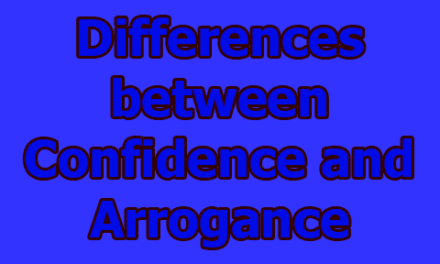Choosing the Best Translation Certification for Your Career Goals:
If you are a translator or aspire to become one, you might wonder what kind of certification can boost your career prospects and credibility. Translation certification is a formal recognition of your skills and knowledge in a specific language pair, domain, or mode of translation. However, not all certification programs are created equal, and choosing the best one for your goals can be challenging. In this article, we will help you choosing the best translation certification for your career goals and give you some tips on how to prepare and apply for it.
Benefits of Translation Certification:
Translation certification can offer many advantages to your career, such as enhancing your resume and portfolio with a proof of your competence, increasing your visibility among clients and employers, and expanding your network. Moreover, certification can grant you access to exclusive resources, training, and support from certifying organizations and associations. Additionally, it demonstrates your commitment to quality, ethics, and continuous learning.
Types of Translation Certification:
When it comes to translation certification, there are various types available depending on your language pair, domain, mode, and location. Here are some notable options:
1. Language Pair Certification: The American Translators Association (ATA) offers certification in 35 language pairs in the United States, while the Canadian Translators, Terminologists and Interpreters Council (CTTIC) certifies translators in 14 language pairs in Canada. Additionally, the International Federation of Translators (FIT) endorses certification programs from its member associations in over 60 countries.
2. General vs. Domain-Specific: Some certifications are more general, while others focus on specific domains. Domain-specific certification is available from specialized organizations that concentrate on a particular field or industry that requires translation expertise, such as localization with the Localization Industry Standards Association (LISA).
3. Mode-Specific Certification: Mode-specific certification is issued by organizations that focus on a specific mode or method of translation such as written, oral, or audiovisual. For example, the National Association of Judiciary Interpreters and Translators (NAJIT) offers certification in court interpreting, and the Media Access Group at WGBH provides certification in captioning and subtitling.
4. Online Certification: The International Association of Professional Translators and Interpreters (IAPTI) offers an online certification exam in any language pair, providing flexibility for aspiring translators.
Criteria for Translation Certification:
Before you decide which translation certification to pursue, you should consider several criteria:
- Eligibility: Each certification program has its own requirements and prerequisites, so make sure you meet the minimum qualifications.
- Cost: Compare the costs and benefits of different programs to see if they fit your budget and expectations.
- Format and Structure: Familiarize yourself with the format and rules of the program to see if they suit your preferences and abilities.
- Content and Scope: Study the content and syllabus of the program to see if they match your skills and interests.
- Validity and Duration: Check how long your certification will last and what you need to do to maintain or renew it.
Tips for Translation Certification:
When selecting a translation certification that best fits your career goals, it is important to plan ahead and consider various factors:
- Deadlines and Availability: Some certification exams have specific testing dates, waiting periods, or limited availability. Plan accordingly.
- Self-Assessment: Review your knowledge and skills in your language pair, domain, mode, and general translation principles. Identify areas where you may need further improvement.
- Feedback and Advice: Seek feedback and advice from certified translators or mentors who can provide valuable insights and guidance.
- Community Involvement: Join online or offline communities related to translation to gain support and resources for the certification program. Networking can be invaluable.
- Enjoy the Process: Finally, it’s important to relax and enjoy the process of certification as it is a valuable opportunity to learn, grow, and showcase your talent. Celebrate your achievements and share your experience with others who might benefit from it.
In conclusion, choosing the right translation certification for your career goals is a significant step in establishing your credibility and advancing your career as a translator. Consider your language pair, domain, mode, and location when making your decision. Pay attention to the eligibility requirements, costs, format, content, and duration of the certification program. With careful planning and dedication, you can attain a translation certification that will open doors to new opportunities and enhance your professional standing in the world of translation.

Library Lecturer at Nurul Amin Degree College










